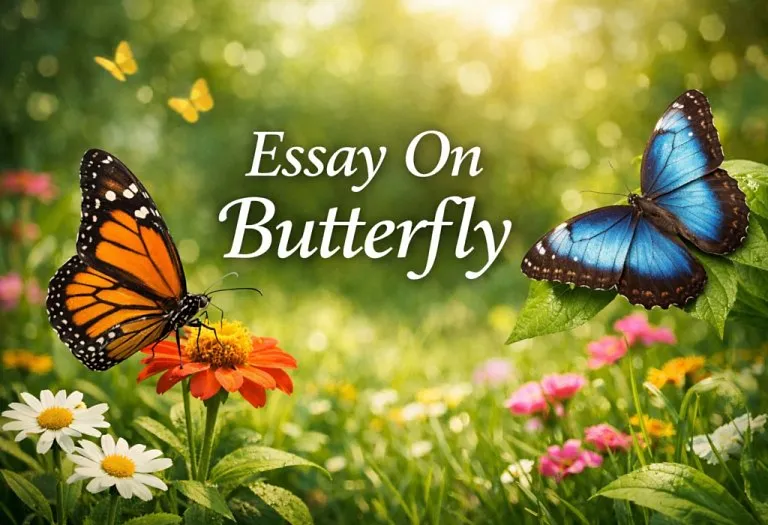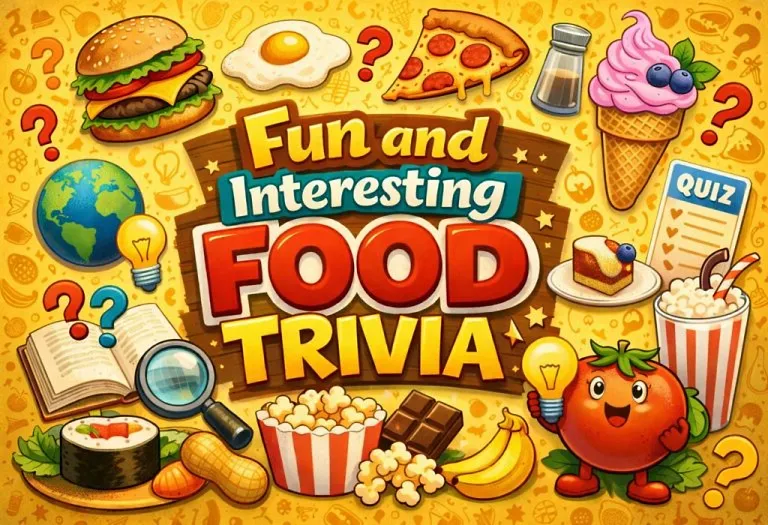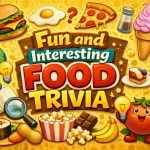15+ Foods To Avoid While Breastfeeding
- Foods to Avoid During Breastfeeding
- Does the Food That You Eat While Breastfeeding Affect Your Baby?
- FAQs
- Infographic: Foods to Avoid Eating When Breastfeeding
You have delivered a baby after the beautiful nine months, and now you are in the period of nursing. While nursing your little one, you should eat healthy and nutritious foods, look out for some foods that might cause possible reactions in your baby and thus note the foods to avoid during nursing. What a breastfeeding mother eats is very important for the baby. Therefore, it is important to maintain proper meals when you are nursing so that your little one gains essential nutrients and has an adequate amount of breast milk. Here are some of the foods to avoid while breastfeeding.
Foods to Avoid During Breastfeeding
Some babies feel fussy and gassy after they eat some food. If you notice such a pattern, then it is best to avoid that food for a while. So here is a list of foods to avoid while breastfeeding.
1. Chocolate
Chocolate is rich in theobromine, and when eaten, has a similar effect to that of caffeine. Though people love having chocolate, they should cut down the quantity while breastfeeding. If you feel like your kid is very cranky because of the chocolate consumption, then it is better to keep away from it. The only way to know how much chocolate you can consume is after observing your baby’s behaviour. The baby might show fussy and erratic behaviour if the mother consumes more than 750 mg of theobromine every day and suffers from sleep issues.
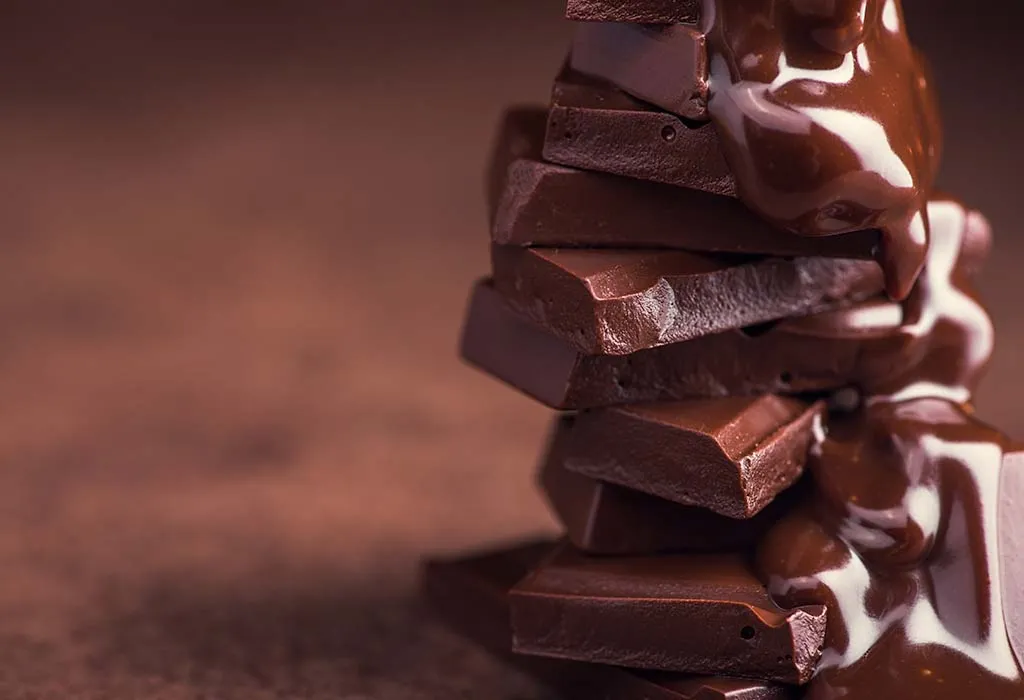
2. Coffee
Coffee contains a lot of caffeine in it, and some of this caffeine might end up in breast milk. Babies cannot digest caffeine as well as adults. So this excess caffeine in their body affects them causing sleeplessness, irritation, and crankiness. When caffeine is in high amounts, it can lower iron levels in the milk and thus decrease the levels of haemoglobin in the child. So the best solution is to have only 2-3 cups of caffeine a day. Small amounts of caffeine are fine as then there is little to no detection of caffeine found in the baby’s urine.

3. Citrus Fruits
Citrus fruits are an amazing source of Vitamin C, but this can irritate the baby’s tummy due to their acidic components. As their gastrointestinal tract is immature, they’re unable to deal with these acid components, resulting in fussiness, diaper rashes, spitting up, and more. You don’t have to remove citrus fruits completely from your diet, though. Having one grapefruit or orange daily is fine. But if you decide to cut them out completely, then you should have other vitamin C-rich foods like pineapples, papayas, and mangoes.
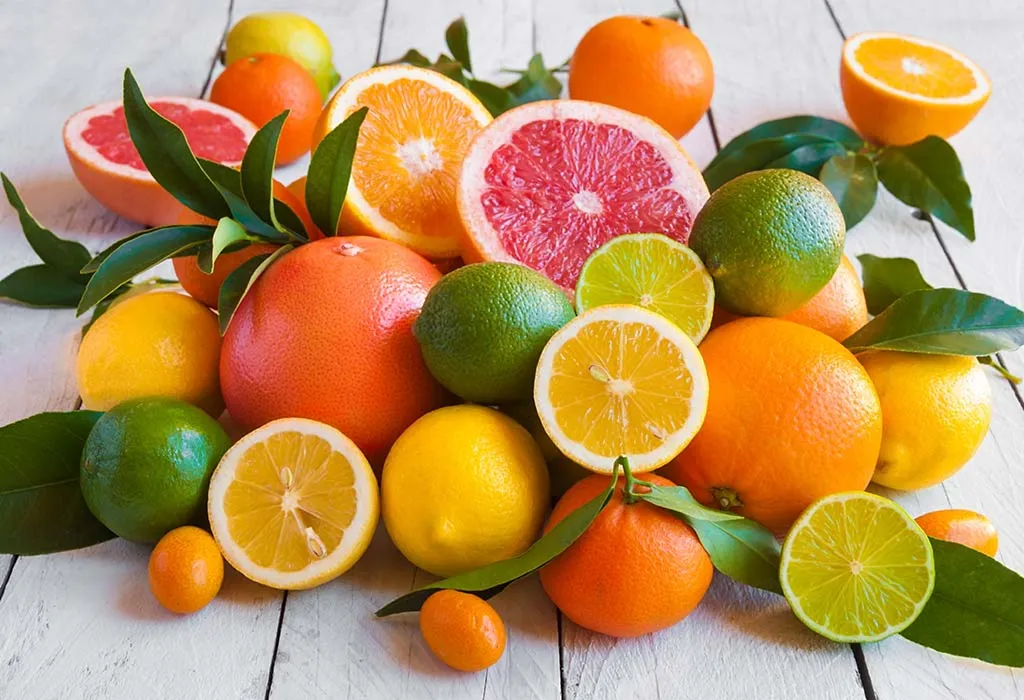
4. Broccoli
If you had broccoli for dinner the previous day, then you should not be surprised when your baby has gassy problems the next day. Other gassy foods, such as onions, cabbage, cauliflower, and cucumber, are best avoided while breastfeeding.
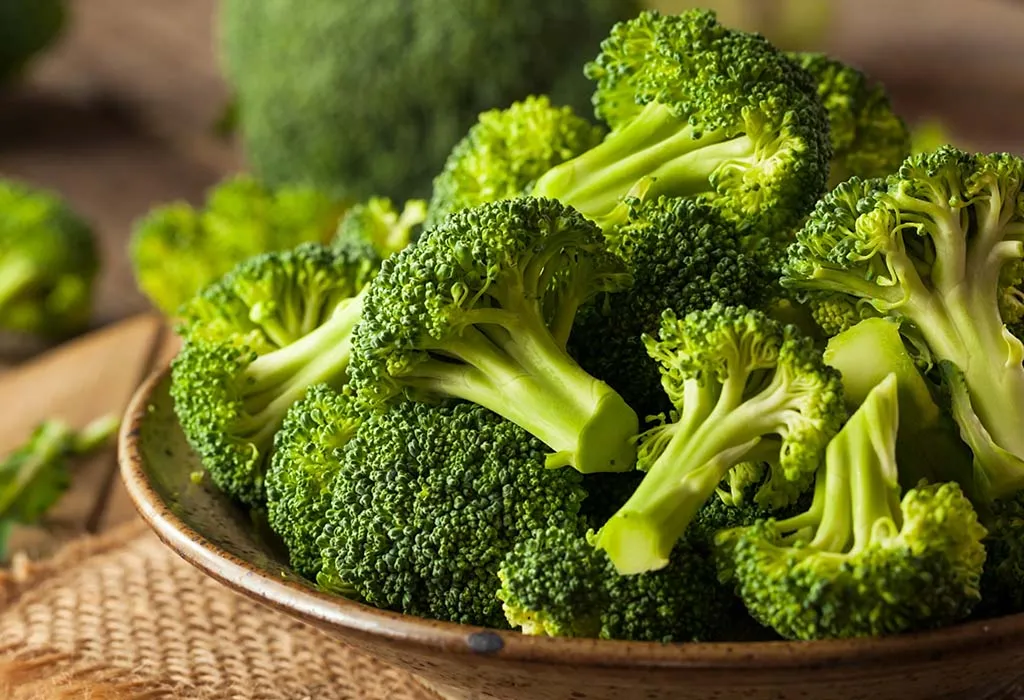
5. Alcohol
Through breast milk, alcohol passes from the mom to the baby and affects his neurological development. You should strictly avoid alcohol at least for two years. According to The American Academy of Pediatrics, ‘consumption of alcohol should be limited to an occasional intake of not more than 0.5 g alcohol per kg body weight of the nursing mother. The mother can then breastfeed her baby after two hours or longer of the alcohol consumption to minimise its concentration in the ingested milk. When the levels are higher than that, there might be a decrease in the milk-letdown reflex and the release of milk. If you plan to have a drink, then you should wait for two hours and then breastfeed your baby.

6. High-Mercury Fish
If you consume fish or any other foods having high mercury content, then this will appear in the breast milk. When breast milk has high levels of mercury, it might affect the neurological development of your baby. You should eat fish, even canned tuna in control, and not exceed consumption more than twice a week. It is best to avoid fish that has high mercury completely.
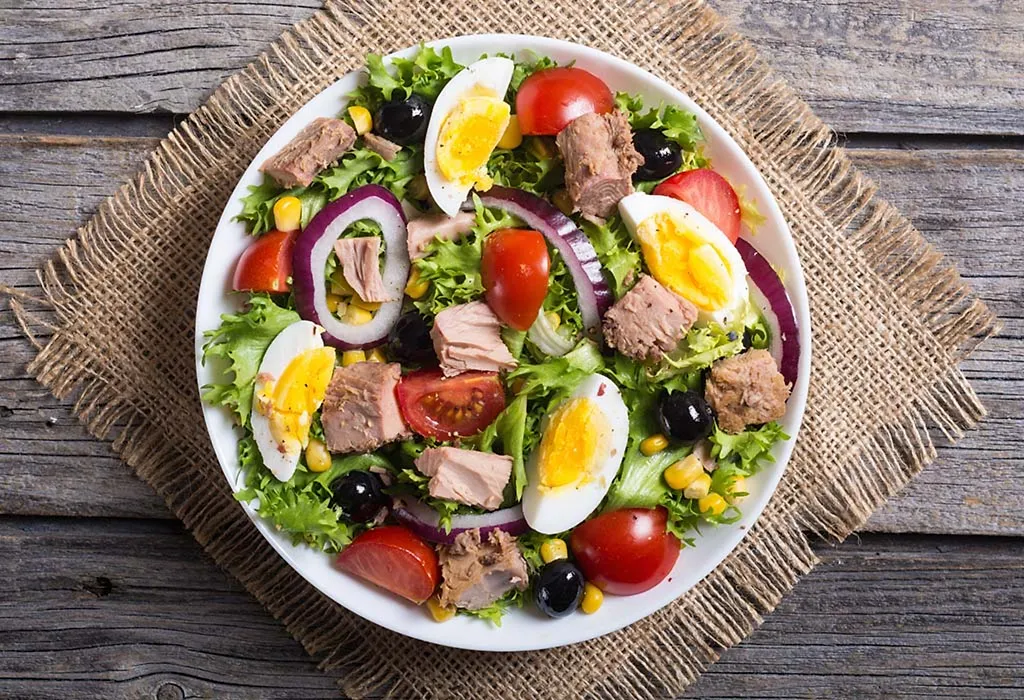
7. Peppermint and Sage
When these herbs are taken in a very high amount, they could reduce the production of breast milk. Therefore, when you eat herbs like these, monitor the amount of milk supply especially when your baby is at the phase where he needs more milk than usual. To stop milk production, mothers often have tea made of peppermint after weaning. Sage, another herb, is also included in the foods that affect lactation.
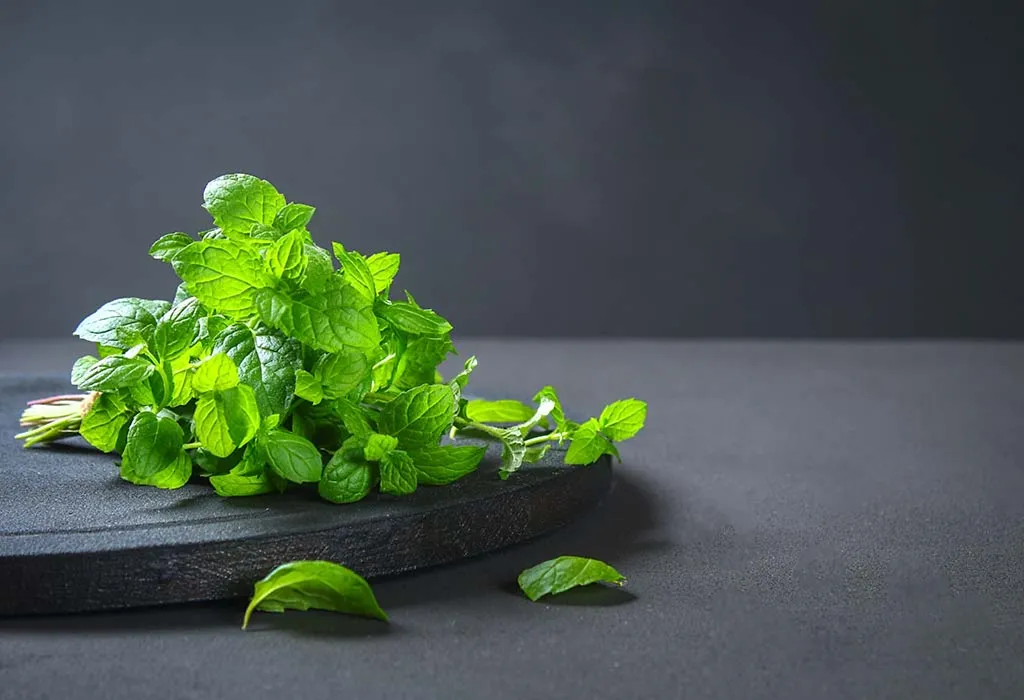
8. Peanuts
Until you wean your baby, avoid peanuts, especially if your family has a medical history of allergies to peanuts. Peanuts’ allergic proteins might pass to the produced breast milk, and then reach the baby. The baby might suffer from wheezing, hives, or rashes. Even when you eat only a few, the allergens might pass into the milk within 1-6 hours.
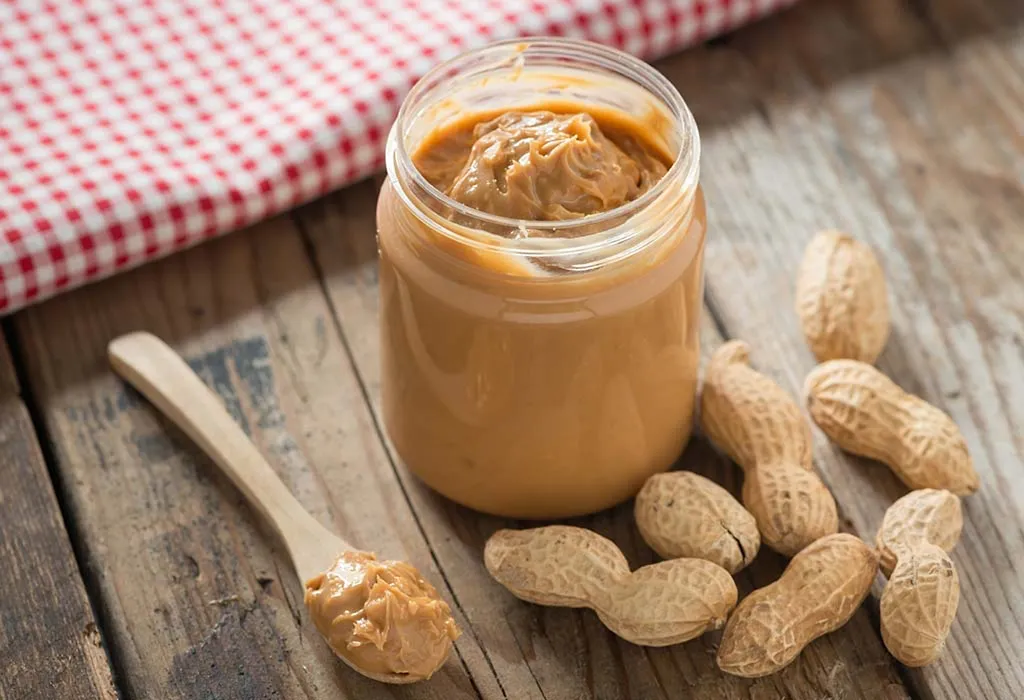
9. Garlic
The smell of garlic can affect the smell of breast milk. Some babies hate it while others like it. Therefore, the reason may be garlic if your baby is uncomfortable while nursing. Some babies might fuss or grimace at the breast when they encounter the strong smell of garlic.
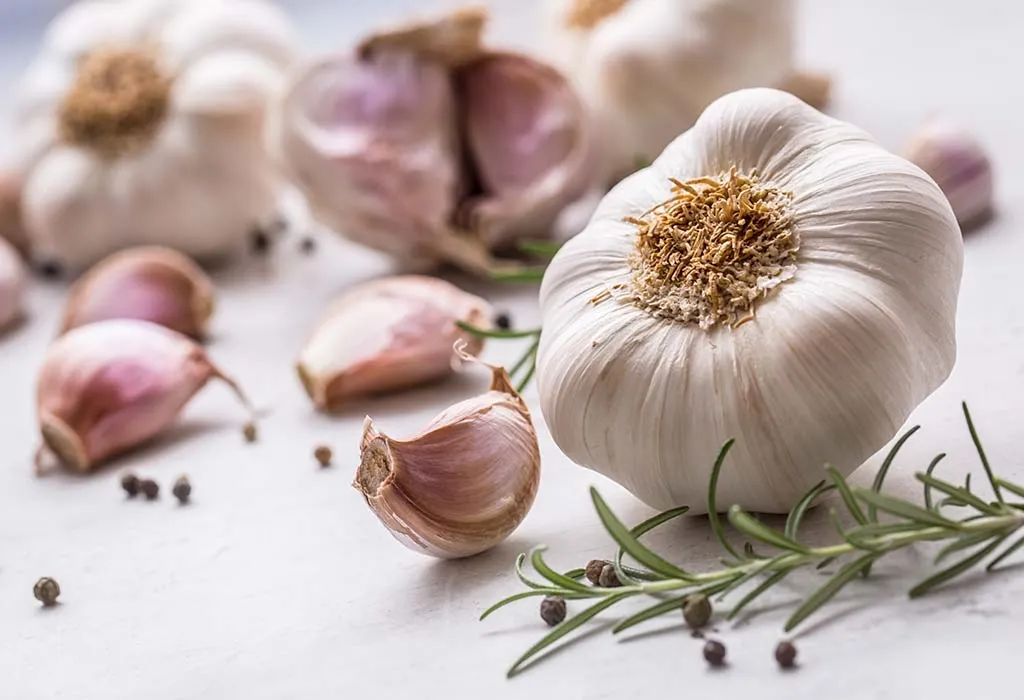
10. Dairy Products
Some babies could be intolerant to cow milk. When the mother drinks cow milk or has dairy products, then the allergens that have entered the breast milk irritate the baby. After consuming dairy products, if your baby shows symptoms like colic and vomiting, it means that you should stop consuming them for a while. Other symptoms could be skin issues, eczema, and sleep problems. Children who are intolerant to dairy also show an allergy to soy. It is better to go for organic varieties of meat, high-fat dairy, and poultry as they won’t have any chemicals, growth hormones, or pesticides.
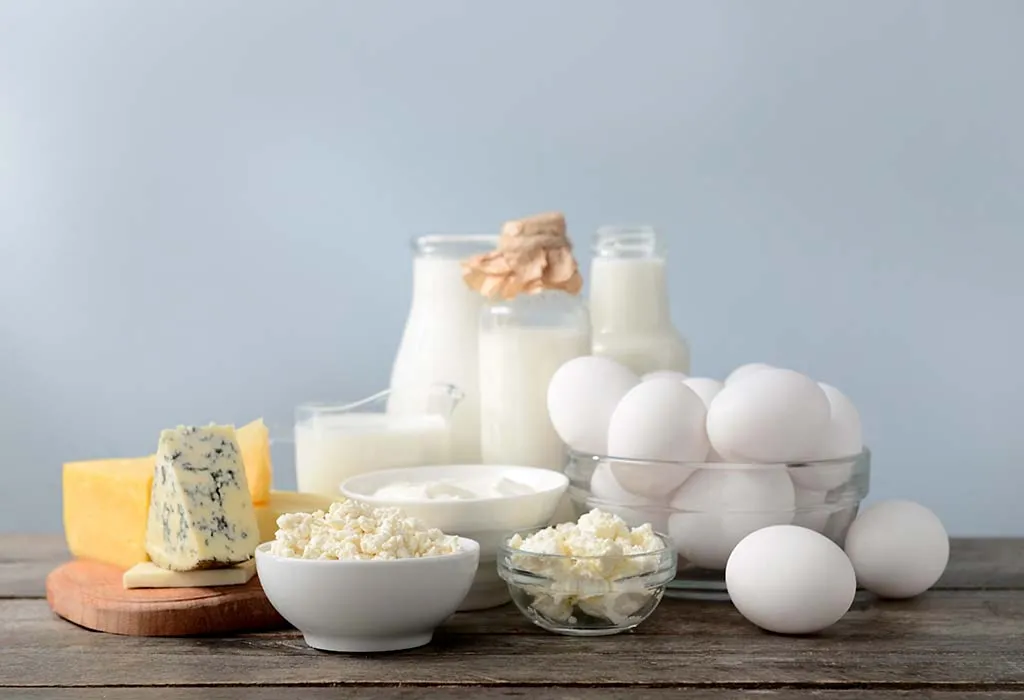
11. Spices
Some babies are irritated by spicy foods, but others are fine with it. Only a small dash of pepper is enough to hurt a few babies. These babies will remain fussy for a really long time. So it is best to lessen the number of spices in your food if you notice your baby being uncomfortable with it.
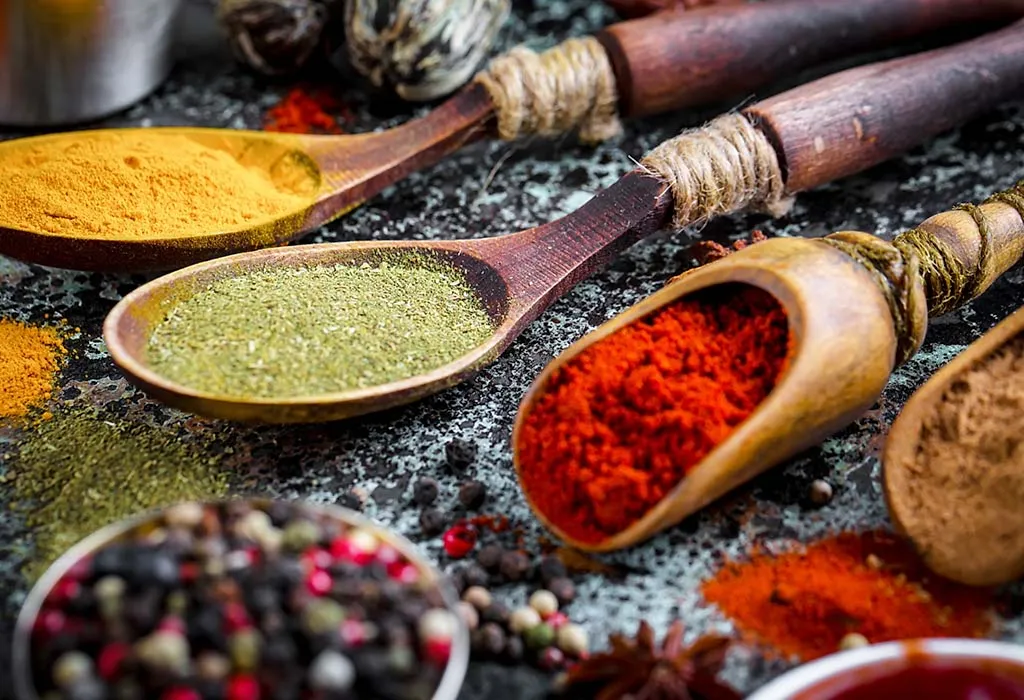
12. Corn
It is common for some babies and toddlers to be allergic to corn. This might cause rashes and discomfort in babies. Eliminate corn from your diet if you observe allergic reactions in your baby.
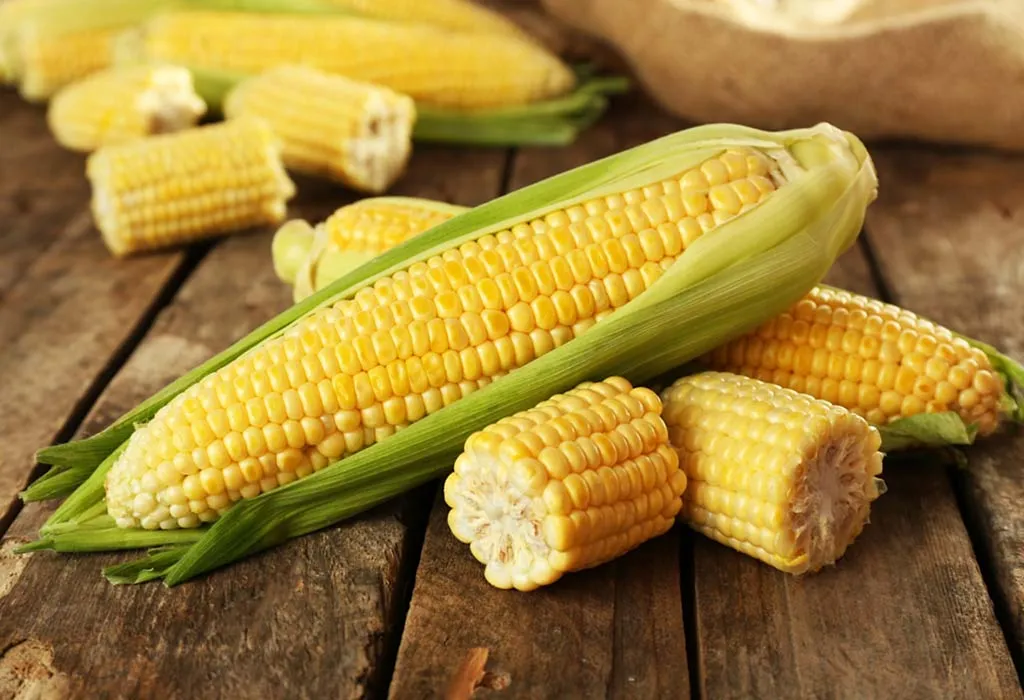
13. Wheat
Another common food problem is gluten intolerance. This results in sensitive tummy, bloody stools, and fussiness. Like all the other foods, this allergy can be avoided by taking wheat off of your diet. Many moms tend to remove most of the foods that cause problems and then re-introduce them one at a time.
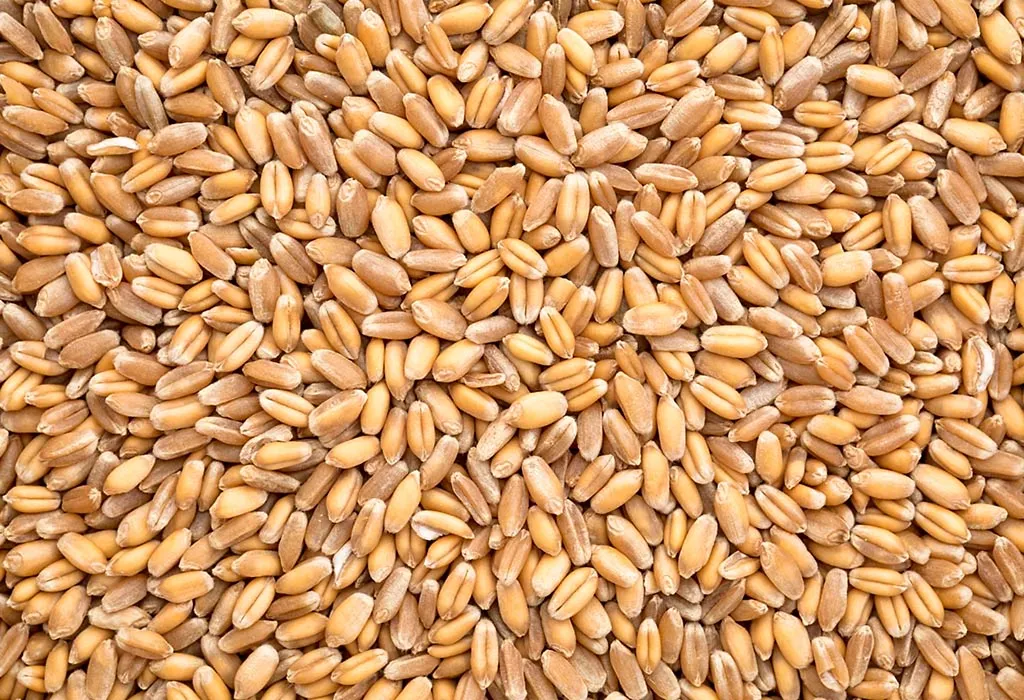
14. Eggs and Shellfish
If your family has a history of allergies, then this might increase the chances of your baby having allergies too. If there is somebody who is allergic to eggs or shellfish in your immediate family, then it is best to avoid these foods during breastfeeding. Egg allergy is pretty common, especially allergy against egg whites.

15. Sushi
Sushi is safe as long as it does not have high-mercury fish. It is safe because the listeria bacteria which are present in undercooked foods are not readily transmitted through breast milk. However, if you are planning to eat sushi with low-mercury fish when you are breastfeeding, keep in mind that you should not take more than three servings a week. Fish that contain low mercury are salmon, tilapia, flounder, pollock, trout, and catfish.
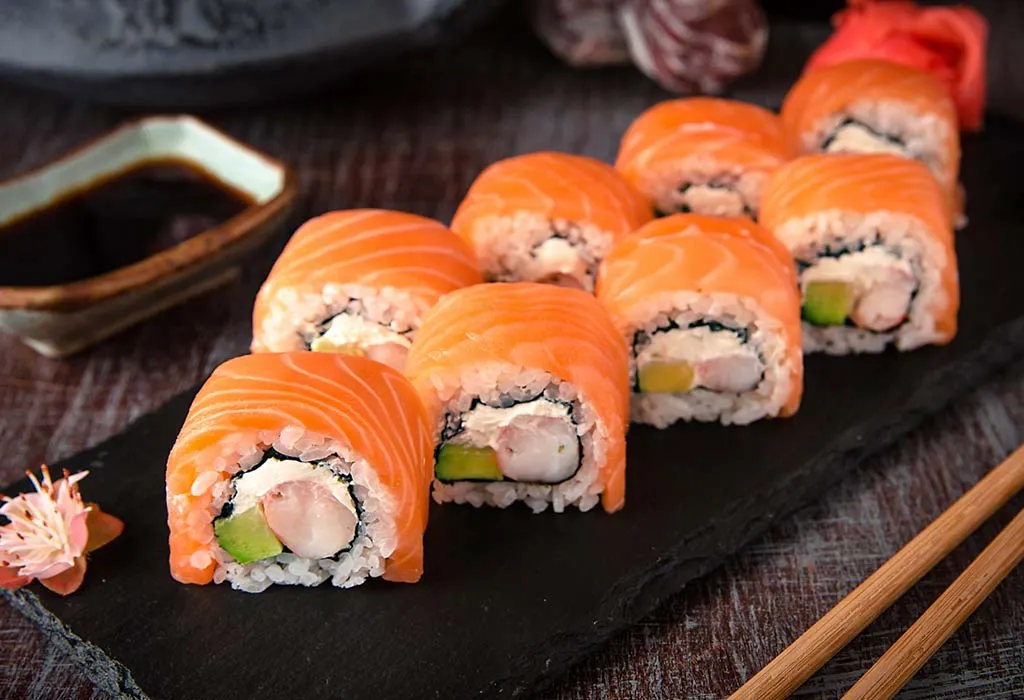
16. Herbal Teas
Herbal teas aren’t generally considered safe for breastfeeding moms. Some of the herbs in herbal teas can decrease your milk supply.
17. Preservative/Aerated Drinks
Sugary drinks and flavoured waters should be avoided because many people usually drink them in place of water. Breastfeeding can make you thirsty. But you should drink water instead of consuming soda or aerated drinks.
These were the foods breastfeeding mothers should avoid.
Does the Food That You Eat While Breastfeeding Affect Your Baby?
Certain foods that are a part of your diet can affect your baby, which results in allergic reactions in them. The result of these effects can be:
- Extreme fussiness and irritability
- Persistent crying
- Refusing to breastfeed
- Nausea or vomiting
- Diarrhoea or constipation
FAQs
1. Is it safe to consume ice cream while breastfeeding?
Yes, you can eat ice cream while breastfeeding. But do look out for the cues from your baby to make sure they’re not sensitive to dairy.
2. Can I eat honey when breastfeeding?
Honey is not part of the foods to avoid when breastfeeding. So, you can consume honey while breastfeeding.
3. Should I avoid foods that are highly processed during breastfeeding?
Highly processed foods often contain additives, preservatives, and artificial flavours that could indirectly affect milk quality. Although occasional consumption is unlikely to harm, a diet high in processed foods might reduce the nutritional value of breast milk.
Your baby could be allergic to only a few of these foods, or sometimes he might not be affected by any of them. Now that you know what foods to stay away from while breastfeeding, it may not be necessary to stop eating all of them. However, it is best to talk to your doctor before you take any food off of your diet. This is because, for example, if you are going to avoid all dairy products, then it might cause a nutritional imbalance, and you might have to see a nutritionist for a better substitute.
Disclaimer: Since every pregnancy is different, and allergies might not occur in all babies, this article is for those mothers whose babies are allergic to certain foods, or become fussy after feeding sessions. In the case of allergies, these foods should be strictly avoided during the first six weeks. Post this, the breastfeeding mother can have these foods in small quantities and then slowly switch back to her normal diet schedule.
Infographic: Foods to Avoid Eating When Breastfeeding
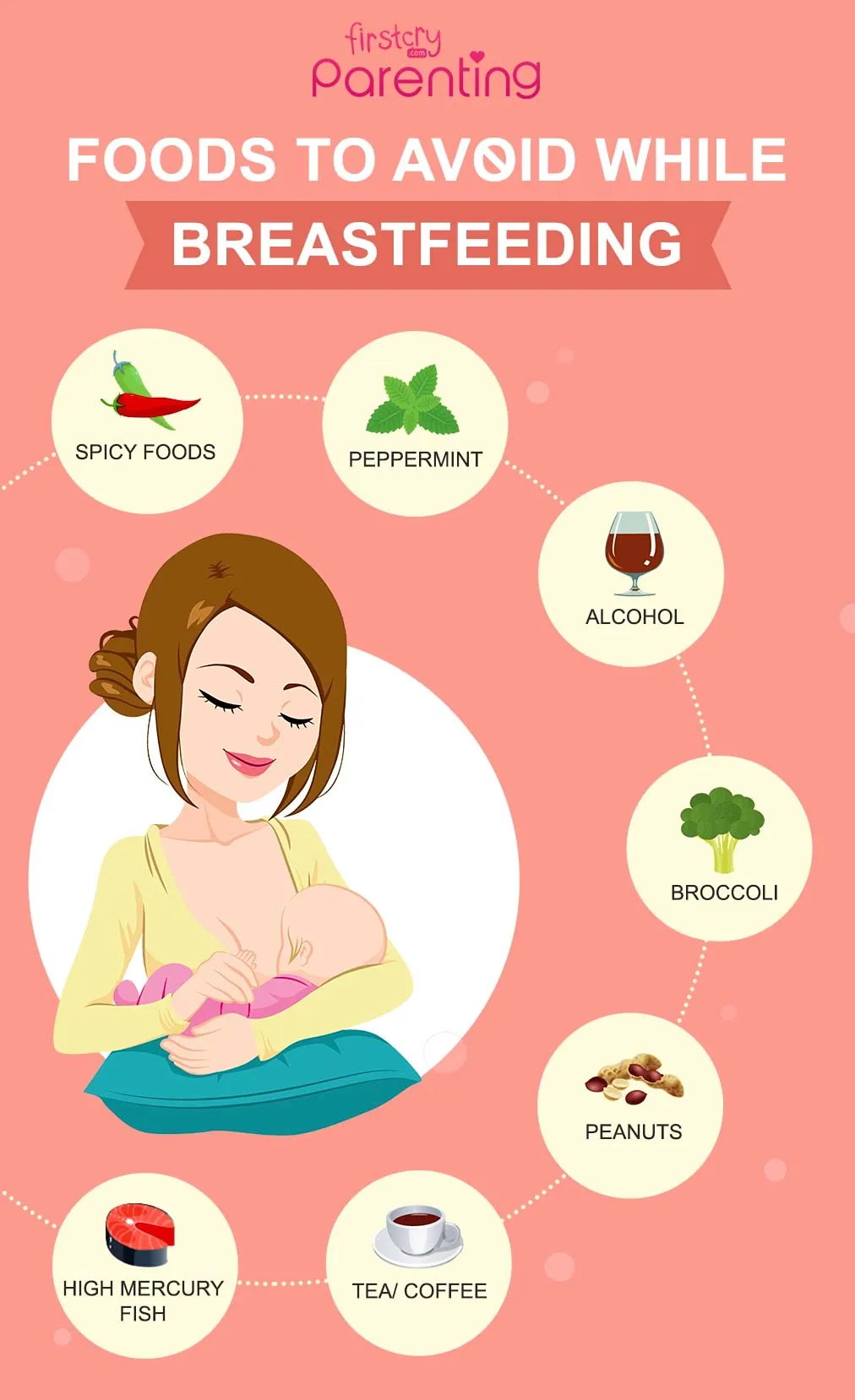
References/Resources:
1. Karolina Karcz, Izabela Lehman, Barbara Królak-Olejnik; Foods to Avoid While Breastfeeding? Experiences and Opinions of Polish Mothers and Healthcare Providers; National Library of Medicine; https://www.ncbi.nlm.nih.gov/pmc/articles/PMC7352950/; June 2020
2. Best (and worst) foods to eat while breastfeeding; West Jefferson Medical Center; https://www.lcmchealth.org/west-jefferson-medical-center/blog/2020/august/best-and-worst-foods-to-eat-while-breastfeeding/
3. Breastfeeding and your diet; Better Health Channel; https://www.betterhealth.vic.gov.au/health/healthyliving/breastfeeding-and-your-diet
4. Maternal Diet; CDC; https://www.cdc.gov/breastfeeding/breastfeeding-special-circumstances/diet-and-micronutrients/maternal-diet.html
5. Infant and toddler health; Mayo Clinic; https://www.mayoclinic.org/healthy-lifestyle/infant-and-toddler-health/in-depth/breastfeeding-nutrition/art-20046912
6. Prevention of Allergies and Asthma in Children; American Academy of Allergy, Asthma & Immunology; https://www.aaaai.org/tools-for-the-public/conditions-library/allergies/prevention-of-allergies-and-asthma-in-children
7. Alcohol & Breast Milk; American Academy of Pediatrics; https://www.healthychildren.org/English/ages-stages/baby/breastfeeding/Pages/Alcohol-Breast-Milk.aspx
Detox Diet While Breastfeeding
Does Flaxseed Affect Breastfeeding?
Fruits to Eat and Avoid While Breastfeeding
What Is the Maximum Age Baby Should Be Breastfed?
Is It Common to Gain Weight After Stopping Breastfeeding?
Was This Article Helpful?
Parenting is a huge responsibility, for you as a caregiver, but also for us as a parenting content platform. We understand that and take our responsibility of creating credible content seriously. FirstCry Parenting articles are written and published only after extensive research using factually sound references to deliver quality content that is accurate, validated by experts, and completely reliable. To understand how we go about creating content that is credible, read our editorial policy here.







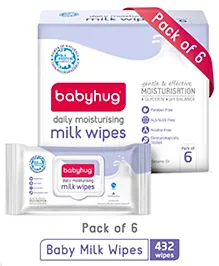
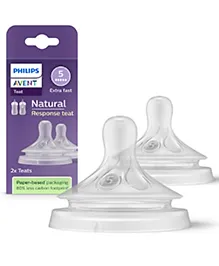
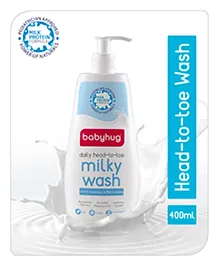
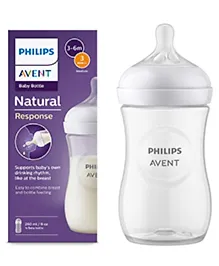
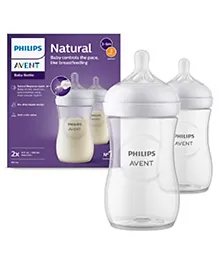
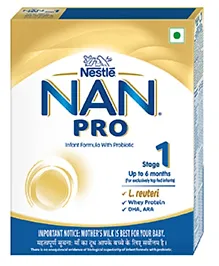
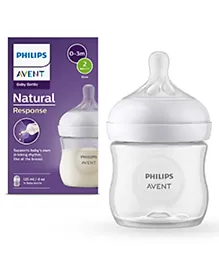
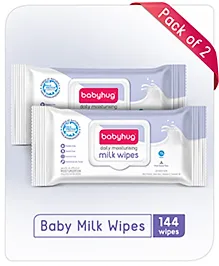
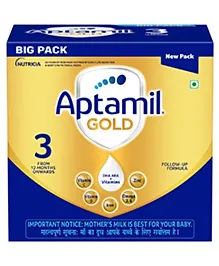



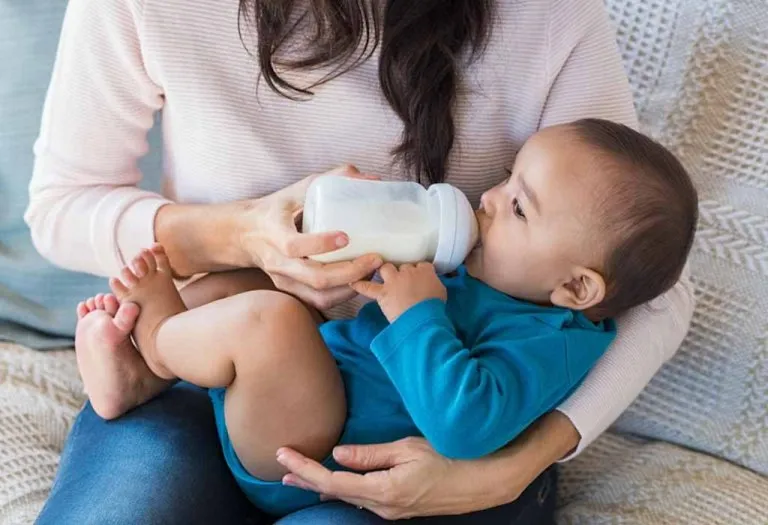

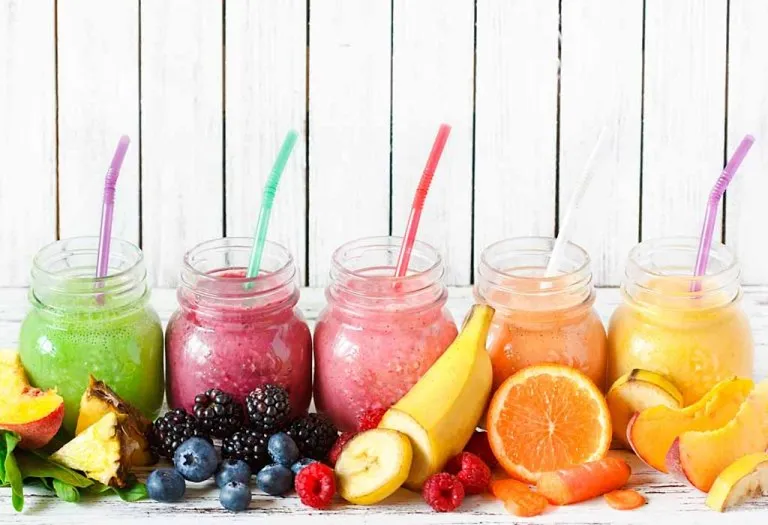

.svg)









